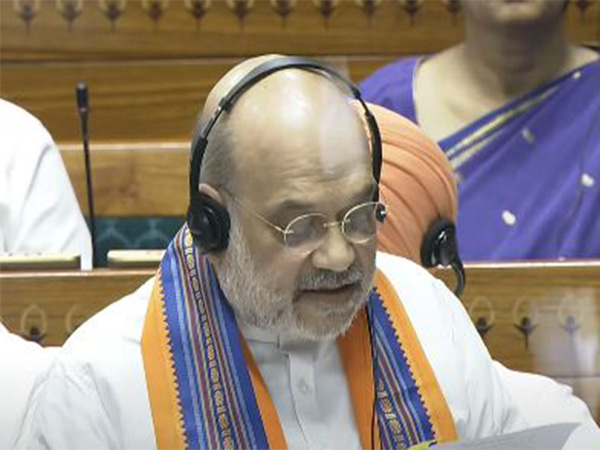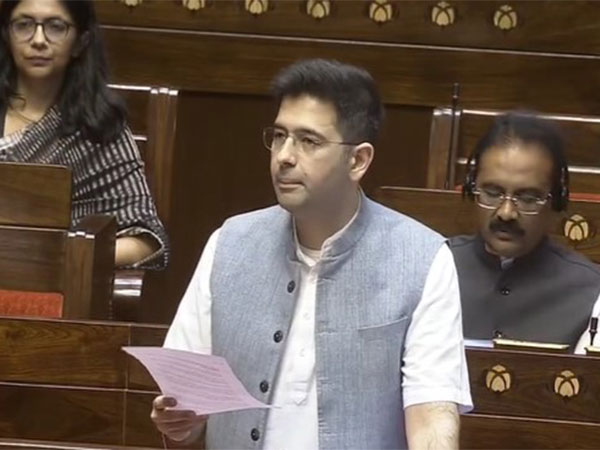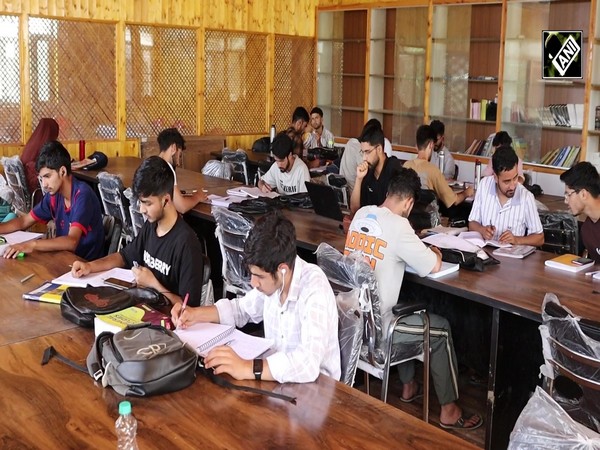
Uttarakhand Assembly passes Uttarakhand Minority Educational Institutions Bill
Aug 20, 2025
New Delhi [India], August 20 : The Uttarakhand Minority Educational Institutions Bill, 2025, has been passed in the Uttarakhand Legislative Assembly today. The benefits of minorities will also now be available to Sikhs, Jains, Christians, Parsis and Buddhist communities. Until now, the status of minority educational institutions has been given only to the Muslim community.
The Uttarakhand State Minority Education Authority will replace the Uttarakhand Madrasa Board. The Harish Rawat-led Congress government had enacted the Uttarakhand Madrasa Education Board Act in 2016.
By July 1, 2026, all madrasas operating in the state will have to obtain affiliation from the Uttarakhand Education Board, and thereafter, to obtain minority status, they will have to apply to the Uttarakhand State Minority Education Authority. Only if the prescribed conditions are fulfilled, the institution will be granted the status of a Minority Educational Institution.
Earlier, on August 17, the Uttarakhand Cabinet made a historic decision by deciding to introduce the Uttarakhand Minority Educational Institutions Bill, 2025, in the Legislative Assembly.
According to the release, the Bill seeks to extend the benefits of Minority Educational Institutions status to the minority communities other than Muslims as well. Once enacted, it will permit the study of Gurmukhi and Pali also in recognised minority educational institutions.
The Uttarakhand Madrasa Education Board Act, 2016 and the Uttarakhand Non-Government Arabic and Persian Madrasa Recognition Rules, 2019, will stand repealed from July 1, 2026.
Under the proposed Bill, this facility will also be available to other minority communities i.e Sikhs, Jains, Christians, Buddhists and Parsis. This is the first such Act in the country, aimed at establishing a transparent process for granting recognition to educational institutions set up by minority communities in the state, while ensuring quality and excellence in education.
Key features of the Act include the formation of an authority - an "Uttarakhand State Authority for Minority Education" will be constituted in the state to grant the status of minority educational institutions.
It includes mandatory recognition, ie any educational institution established by Muslim, Christian, Sikh, Buddhist, Jain, or Parsi communities must obtain recognition from the Authority to qualify as a minority educational institution.
Protection of institutional rights - the law does not interfere in the establishment and administration of minority educational institutions but ensures that educational excellence is maintained.
Mandatory conditions: To obtain recognition, educational institutions must be registered under the Societies Act, Trust Act, or Companies Act. Ownership of land, bank accounts, and other assets must be in the name of the institution. Recognition can be withdrawn in cases of financial mismanagement, lack of transparency, or activities against religious and social harmony.
Monitoring and examination: The authority will ensure that education is imparted in accordance with the standards set by the Board of School Education, Uttarakhand, and that student evaluations remain fair and transparent.
The Act introduces significant changes for the minority community's institutions in the state by establishing a transparent process for their recognition. It ensures the quality of education is maintained while protecting the Constitutional rights of minorities. Additionally, the state government gains the authority to monitor the functioning of these institutions and issue necessary directives as needed.
























